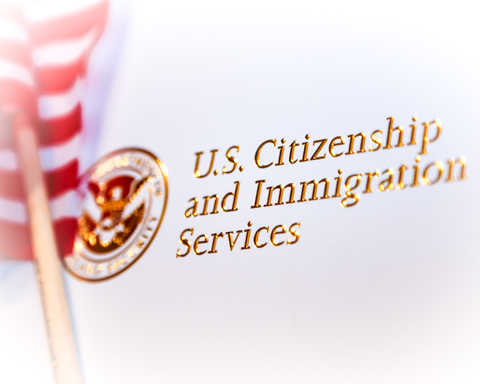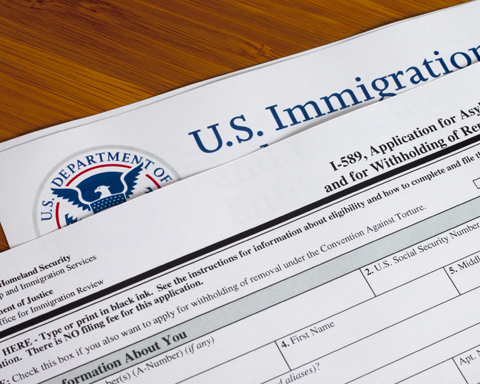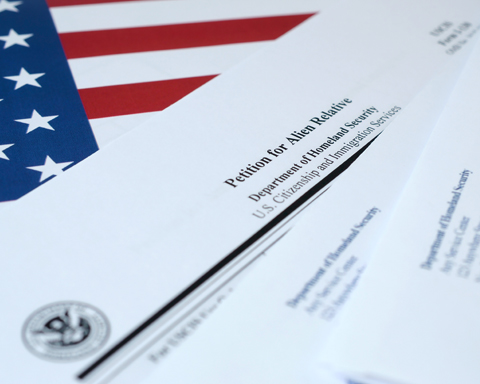Burbank Post Conviction Relief Lawyer

Burbank Post Conviction Criminal Relief Attorney
A person who has been convicted of a deportable offense or an offense that disqualifies him or her from pursuing naturalization can attack their conviction on legal grounds and if successful the conviction will be vacated and cannot be considered a conviction for immigration purposes. It is important to point out that when conviction is overturned, the prosecuting agency may retry the defendant for the same offense.
Failure to Give Advisals
Several states, including California, require that a defendant be read certain advisals of immigration consequences prior to entry of a guilty or nolo contendere plea. In California, this is covered under PC 1016.15, which requires a plea of guilty, or no contendere to be vacated if the defendant was not given proper advisals concerning immigration consequences of the plea. The guidelines for this penal code were before the California Supreme Court in People v. Superior Court (Zamudio). In that case, the court held that in order for a defendant to prevail in this cause of action, he must show all of the following:
- The court failed to advise the defendant of one or more of the mandated advisals;
- The defendant is confronted with “more than a remote possibility of deportation, exclusion, or denial of naturalization” due to the conviction;
- The defendant was actually prejudiced due to the failure to receive proper advisals.
It is important to note that Federal Courts are not required to give advisals concerning immigration consequences.
Ineffective Assistance of Counsel
The Sixth Amendment to the U.S. Constitution has been interpreted by the U.S. Supreme Court to include the right to competent counsel. Therefore, a defendant who was not given proper advice by his attorney regarding the possible immigration consequences of a plea may bring an action for ineffective assistance of counsel. This type of action can be brought whether the conviction was rendered in State or Federal Courts.
Pardon
A “full and unconditional pardon” will give relief from deportation based on the conviction for a crime involving moral turpitude, multiple criminal convictions, or aggravated felonies. A pardon is not available to a defendant who was convicted under the controlled substance act of INA §2374(a)(2)(A)(v).
Qualification for a pardon may vary from state to state and separate rules are available for a Presidential Pardon. What is generally looked at is the seriousness of the crime, the length of time that has passed since the crime was committed, the existence of multiple criminal convictions, steps taken by the defendant to change life, fulfillment of restitution and probation orders, and other requirements.
Coram Nobis
Under the writ of coram nobis, a defendant may obtain relief from his or her conviction where an error occurred during trial. Other remedies might be available to attack a conviction based on the specific circumstances of each case.
Contact us today to schedule a consultation with our Burbank post-conviction criminal relief lawyer.
Contact us To Schedule A Consultation
To learn more about the services offered by The Law Office of Attorney Nabil E. Chelico, call our
firm or send us an email. We have offices in Burbank and Irvine.
confidential consultation 213-234-9592








